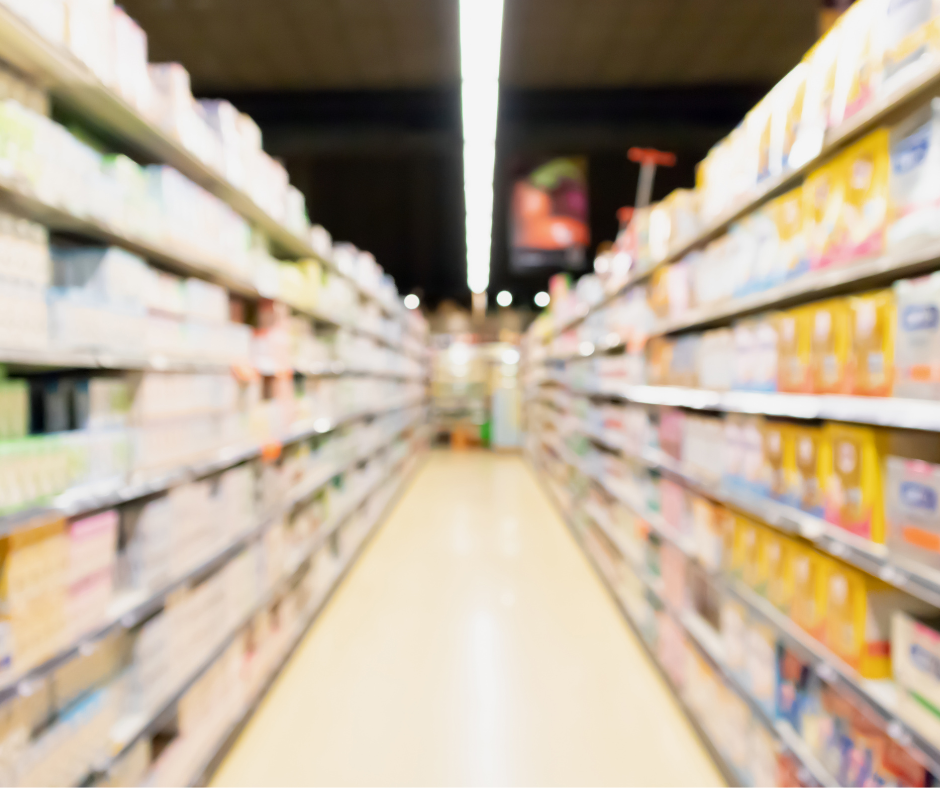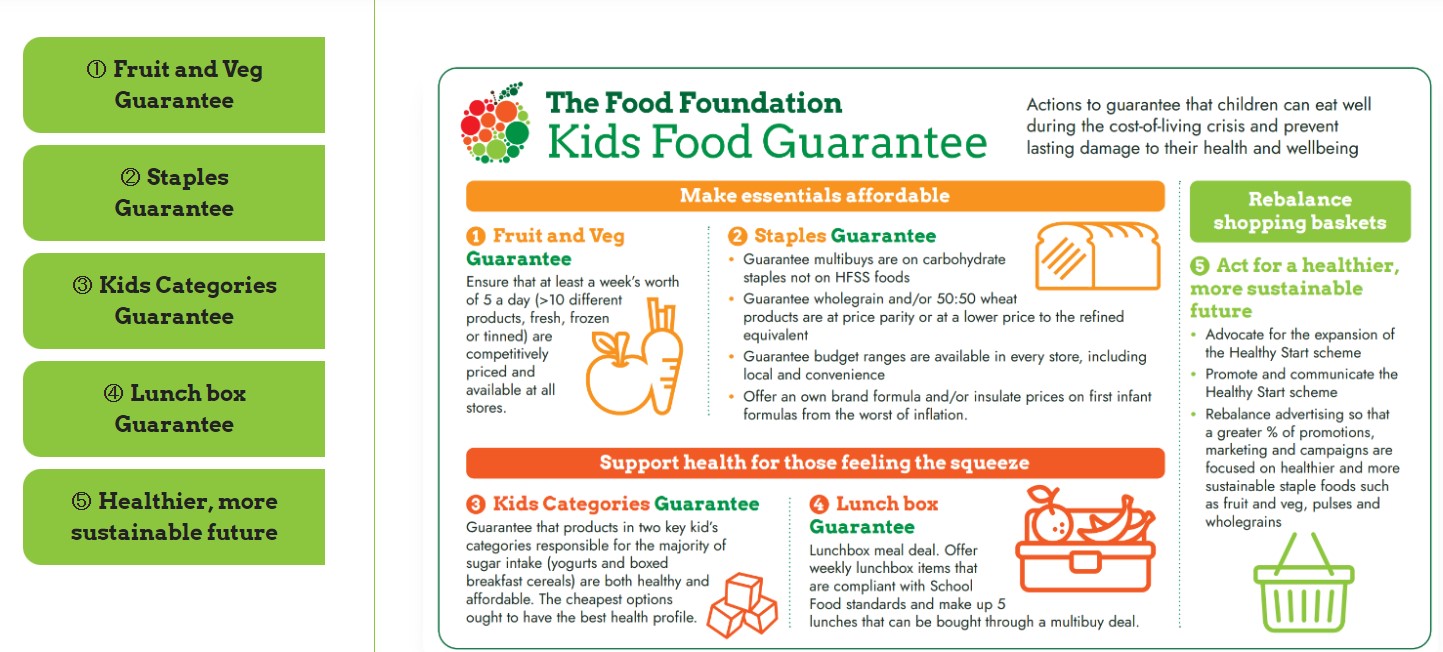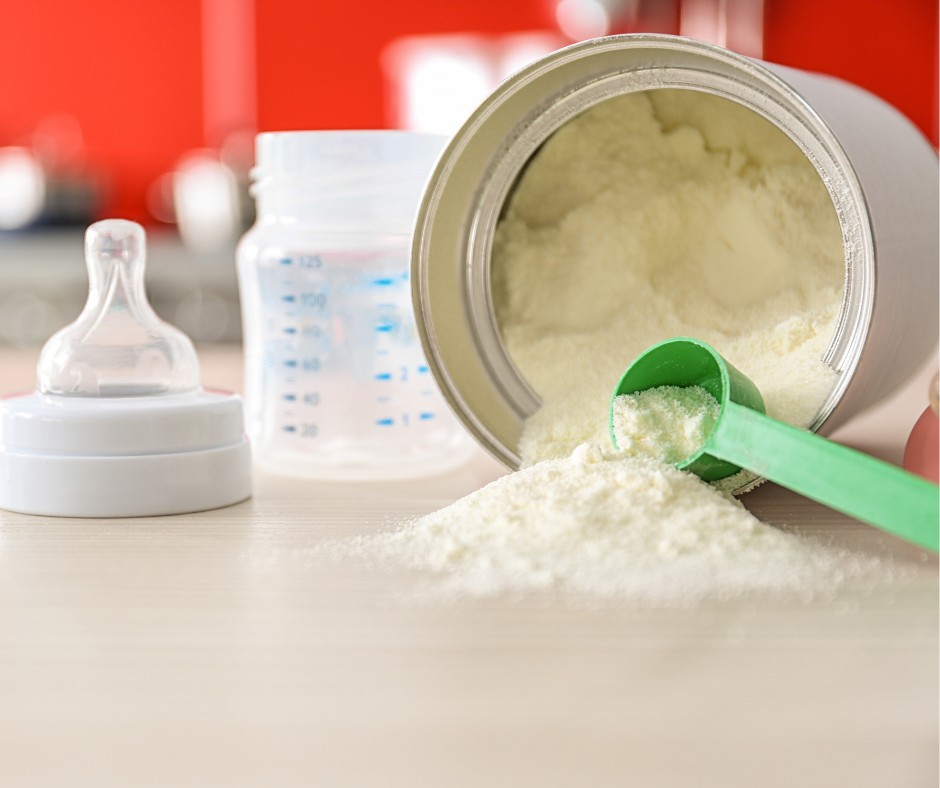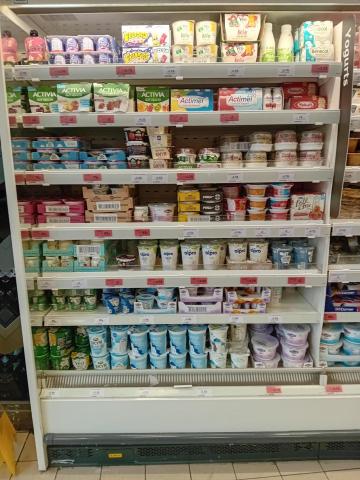06 September 2023
Did Iceland do the right thing by reducing the price of baby milk formula?

Did Iceland do the right thing by reducing the price of baby milk formula?
Yes, reducing the price of formula really matters at the moment. Many families are reliant on formula to feed their babies for a wide range of reasons, and during the cost of living crisis have been disproportionately affected by price rises of up to 24% (First Steps Nutrition Trust).
And there has been a shocking neglect of low income families with babies by the government with evidence that infant formula has become unaffordable for many families, and some reports that families are having to resort to practices like watering down milk, spacing feeds or using out of date milk to save money.
Our data shows that now one in four families with children are experiencing food insecurity and rates are even higher among households with very young children.
The Healthy Start scheme upon which many low income families depend to afford formula, offers cash payments that are set at a measly £8.50 per week and haven’t gone up since 2021 – this is too little to cover the cost of formula and not in line with the sharp increase in food prices we’ve seen over the past 18 months.
We’ve been calling on retailers to protect infant formula from inflation in our Kids Food Guarantee and we’ve been asking the Government to do a lot more to improve Healthy Start.

Iceland have now jumped in and taken action. However, they did (knowingly) break the law in doing so!
This is because regulations are in place to prevent marketing and promotions on formula to increase sales.
The regulations which exist in the UK reflect a global standard applied in many countries to protect parents from irresponsible marketing of formula milk.
Our laws are in fact a lot weaker than in many other countries, but that’s why the law exists, and we need it. I’ve seen children hospitalised with chronic diarrhoea in countries where the law is too weak and discounted samples of formula are given out to women who are struggling to breastfeed.
There’s strong evidence that price promotions enhance sales (that’s why there has also been so much attention on promotions on foods high in fat sugar and salt), but with infant formula, the regulations are there to protect parents from commercial activity which might interfere in their decisions about how to feed their babies.
The law starts from the position that it is much safer for parents to get the information they need about different feeding options from sources which don’t have a vested interest (notably health professionals).
Breastfeeding rates are very low in the UK – one of the lowest rates in the world – and women often want and need more support to breastfeed, helpful information about formula feeding and not commercial interference in their decisions.
Iceland started off badging this up as a promotion on all formula products – now this badging seems to be on a smaller number of products. I am assuming that where the badging has been removed, they would be compliant with the law.

Iceland also seems to have applied the discounts unevenly across products with potentially unintended consequences.
The product we’re most worried about is SMA Pro. Before the cost reductions SMA Pro1 (infant formula) and SMA Pro2 (follow-on formula which is only suitable for babies above the age of six months and not recommended by the NHS) were the same price – this helps to avoid a situation where parents and caregivers dependent on formula might opt for a cheaper follow-on formula when they should be using an infant formula.
With the price reductions applied, SMAPro2 is now £1 cheaper than SMAPro1. This could create risks that families switch to follow-on formula to benefit from the saving when they should be using infant formula.
Richard Walker – the CEO – has also called for a change in the law to allow families to use cash equivalent vouchers etc to buy formula – things like value accrued on store cards, vouchers received from food banks etc.
He is supporting Feed UK’s campaign – though Feed UK are asking for the law to be clarified, not changed. Having re-read the regulations, a simple clarification of the law would probably solve this.
It seems to be an overly cautious interpretation of the law for supermarkets not to accept these forms of payment for formula.
We’ve written to the Department of Health and Social Care about all of this. In our view they should clarify the law asap on cash equivalents and they should also be working hard to make Healthy Start fit for purpose – the vouchers should have increased in line with inflation, and all families in poverty should be eligible for the scheme.
Plus, they need to ensure the 35% of families who are eligible for the scheme but not on it, know how to apply. At the moment DHSC cannot even get the data it needs from DWP to write to eligible families (unbelievable!).
Retailers in the meantime should follow Iceland’s lead and reduce the price of formula – but without the marketing attached - so they stay the right side of the law.






